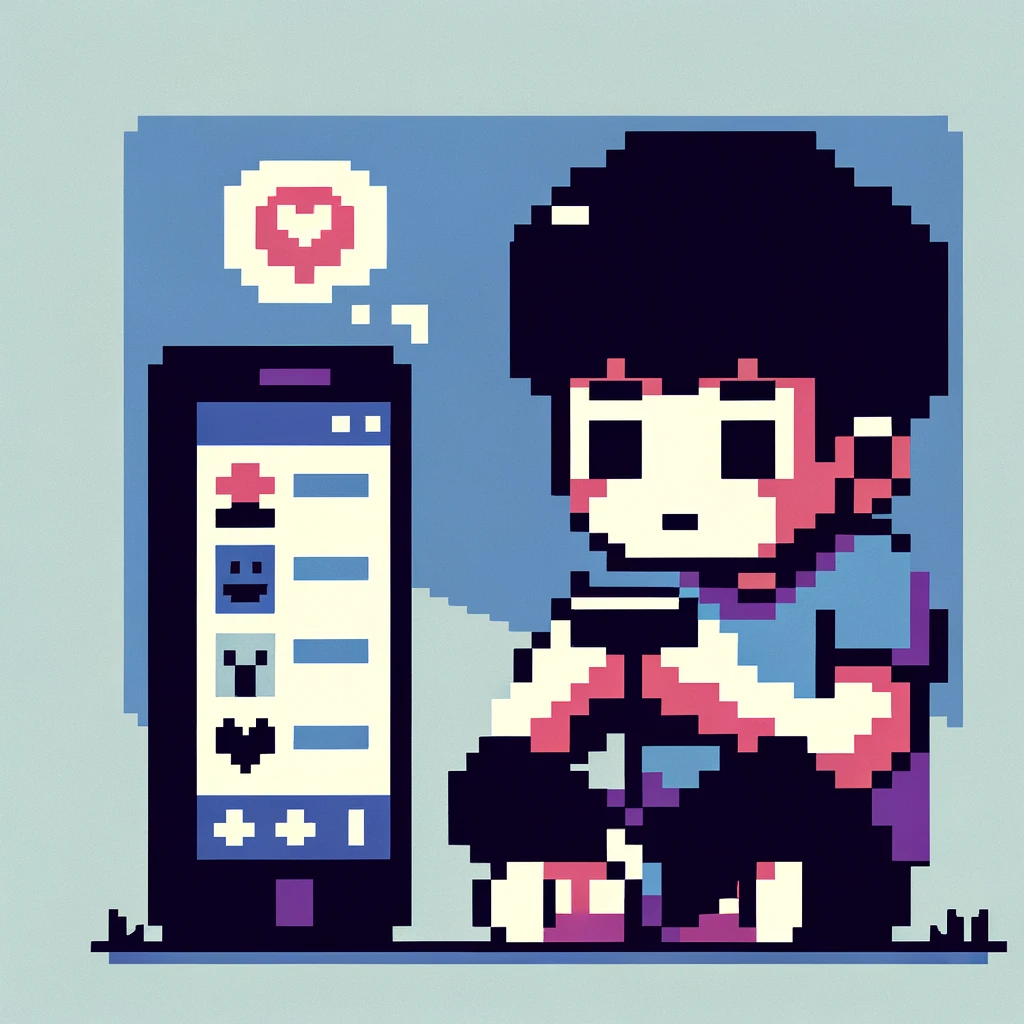
Navigating Social Media: The Complex Relationship Between Use, Social Anxiety, and Loneliness
Social media, to the chagrin of many, has become an integral part of our lives, especially among young adults. But what is the impact of social media use (SMU) on our mental health, particularly about social anxiety and loneliness? A systematic review titled “Social media use, social anxiety, and loneliness: A systematic review” explores this complex relationship.
The Prevalence and Importance of Social Media Use
Social media platforms like Facebook, Instagram, and Snapchat have become ubiquitous, changing the way we connect with others. A staggering 68% of U.S. adults have a Facebook account, with many using it daily. This number is even higher for young adults, with platforms like Snapchat and Instagram seeing daily use by most of this demographic. Social media isn’t just a tool for staying in touch; it’s a means of self-expression, information gathering, and community building.
The Intersection of Social Media Use, Social Anxiety, and Loneliness
The review explores how social anxiety (SA) and loneliness (LO) intertwine with SMU. Individuals with social anxiety or loneliness often turn to social media as a compensatory tool, seeking the social connection they miss in real life. However, their social media use pattern and intensity can be problematic.
- Social Anxiety and Social Media: Socially anxious individuals may prefer online interactions, avoiding face-to-face communication. However, their social anxiety can also manifest in their online behavior, potentially hindering genuine connections.
- Loneliness and Social Media: Similarly, lonely individuals may use social media more intensely, seeking virtual connections. But this doesn’t always mean receiving the desired support or alleviating their loneliness.
The Complexity of the Relationship
The review underscores a complex, often bidirectional relationship between these factors. For instance, loneliness can lead to more intense and problematic use of social media. However, it’s not definitively proven that such use exacerbates loneliness or social anxiety. The type of SMU (active vs. passive) also plays a significant role in this dynamic.
The Role of Negative Social Comparisons
One critical aspect highlighted is the role of negative social comparisons while using social media. This can exacerbate feelings of inadequacy and loneliness, particularly in passive users who browse without engaging.
Implications for Public Health
Understanding these dynamics is crucial for public health practices, especially in mental health intervention and education. It’s important to guide young adults on healthier ways to engage with social media, potentially alleviating feelings of loneliness and anxiety.
The Need for More Research
The review calls for more research, particularly studies that can establish causal relationships and explore the role of different types of SMU in psychological well-being.
Conclusion
This systematic review sheds light on the complicated relationship between social media use, social anxiety, and loneliness. It’s a call to action for more nuanced approaches to social media engagement and mental health support, especially for younger generations who are the most active users of these platforms.
Be the Health Change-Maker – Get Informed Weekly
Step into the role of a public health change-maker with ‘This Week in Public Health.’ Each issue brings you closer to the heartbeat of community health, innovative research, and advocacy. It’s more than news; it’s a platform for transformation. Subscribe for free and join a community of informed individuals driving positive change in public health every week!



